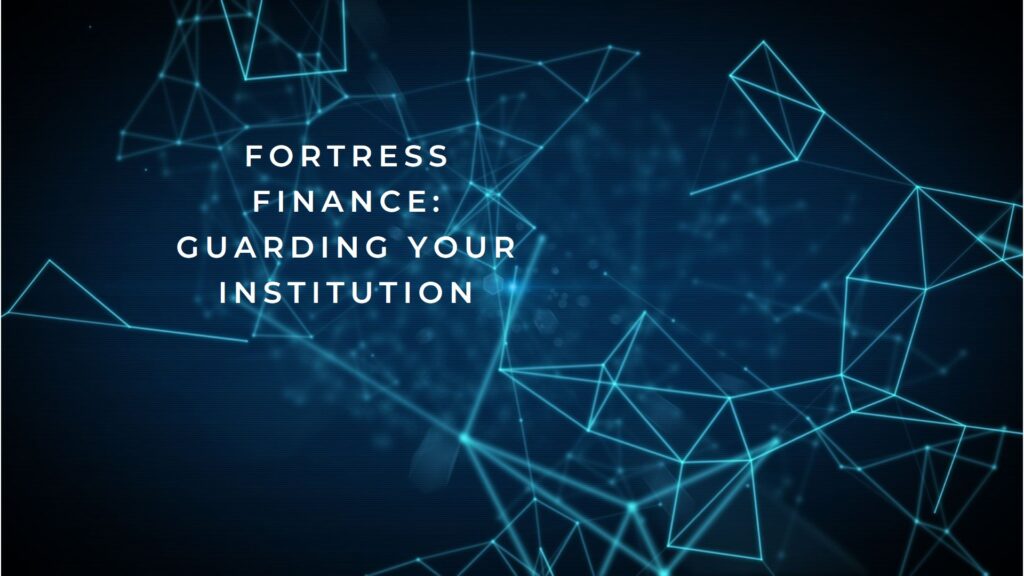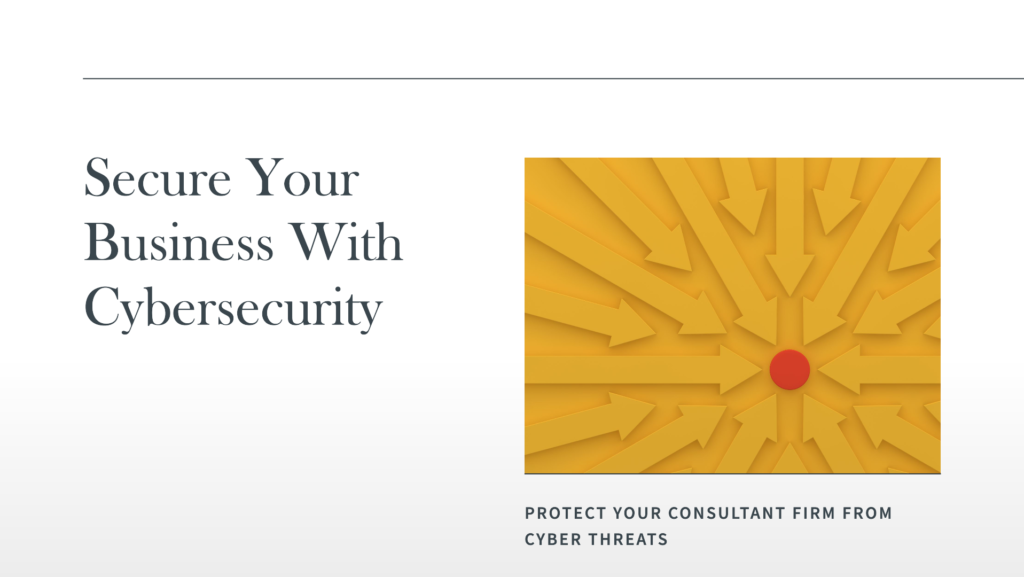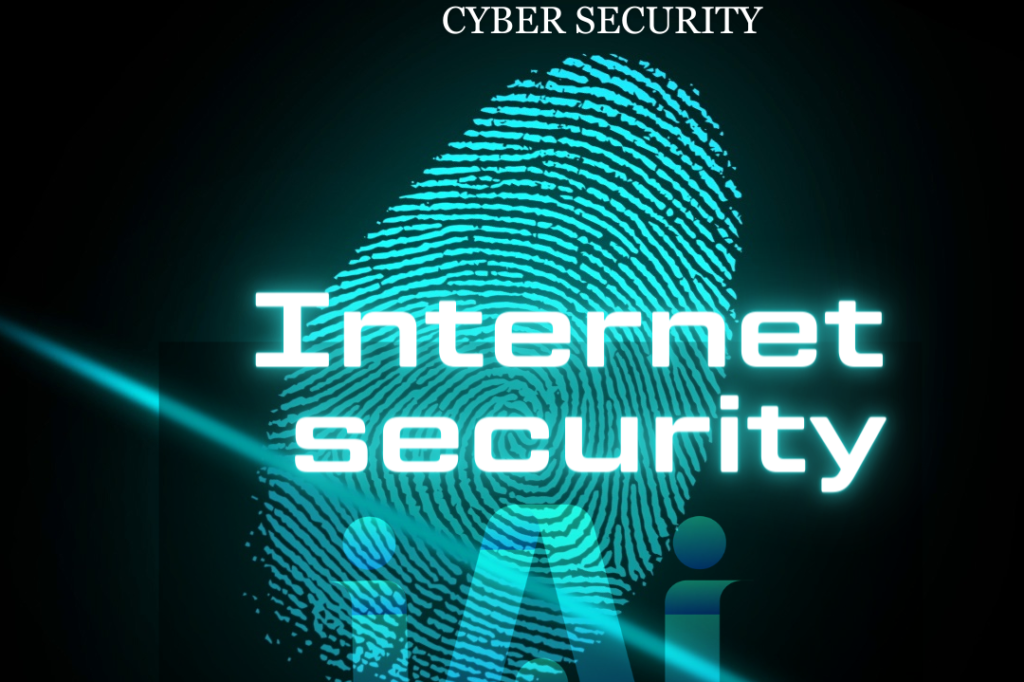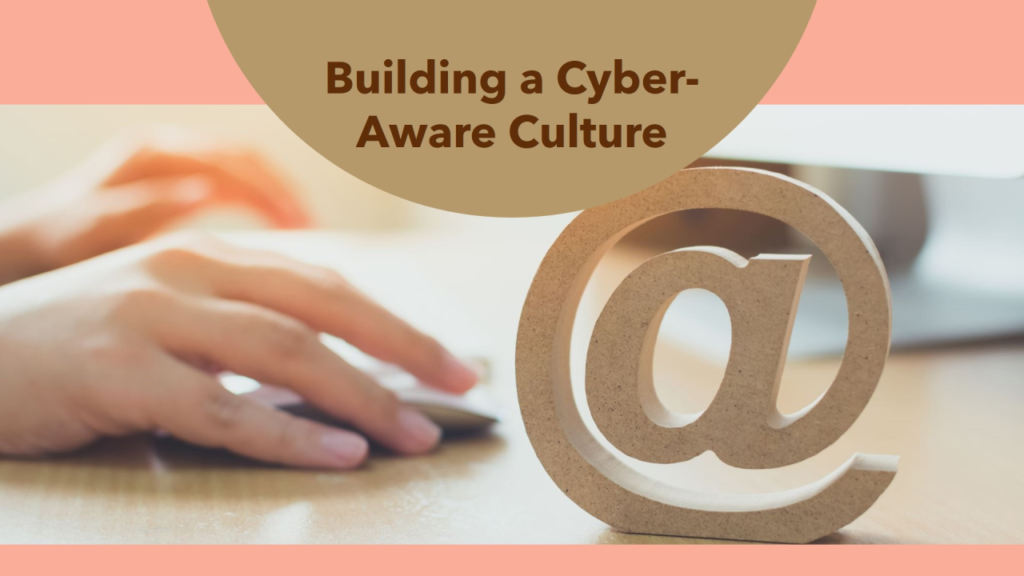Strong Security, Cost-Effectiveness, and Valuable Support: The Intellectz AI SOC Advantage
In today’s digital landscape, cybersecurity threats are a growing concern for businesses of all sizes. For small businesses in Atlantic Canada robust cybersecurity might seem like a luxury. However, a strong Security Operations Center (SOC) can be the key to protecting your valuable data and ensuring business continuity. What is a Security Operations Center (SOC)? Think of an SOC as the mission control center for your business’s cybersecurity. It’s a team of highly skilled professionals who leverage advanced technology to continuously monitor, analyze, and respond to security threats. Imagine a team of vigilant cyber guards keeping a watchful eye on your network, 24/7. Why Choose Intellectz AI’s SOC for Your Business? At Intellectz AI, we understand the unique challenges faced by small businesses in Atlantic Canada. That’s why we offer an SOC solution designed to deliver three key benefits: Unwavering Security: We leverage cutting-edge technology, including AI-powered threat detection, to proactively identify and neutralize cyberattacks before they can cause damage. Cost-Effectiveness: Our flexible deployment options (cloud-based or on-site) and experienced in-house SOC team can potentially reduce costs compared to outsourcing your entire security solution. Invaluable Support: Our dedicated team provides ongoing monitoring, analysis, and expert guidance, empowering you to make informed decisions about your cybersecurity posture. Investing in your business’s future with Intellectz AI’s SOC means: Peace of mind: Knowing your data is protected allows you to focus on growing your business. Enhanced customer trust: Demonstrates your commitment to safeguarding sensitive customer information. Reduced downtime: Proactive threat detection minimizes service disruptions and costly downtime. Ready to learn more about how Intellectz AI’s SOC can empower your small business in Atlantic Canada? Contact us today for a free consultation! #cybersecurity #SOC #AtlanticCanada #Halifax #NovaScotia #smallbusiness #security #costeffectiveness #support










